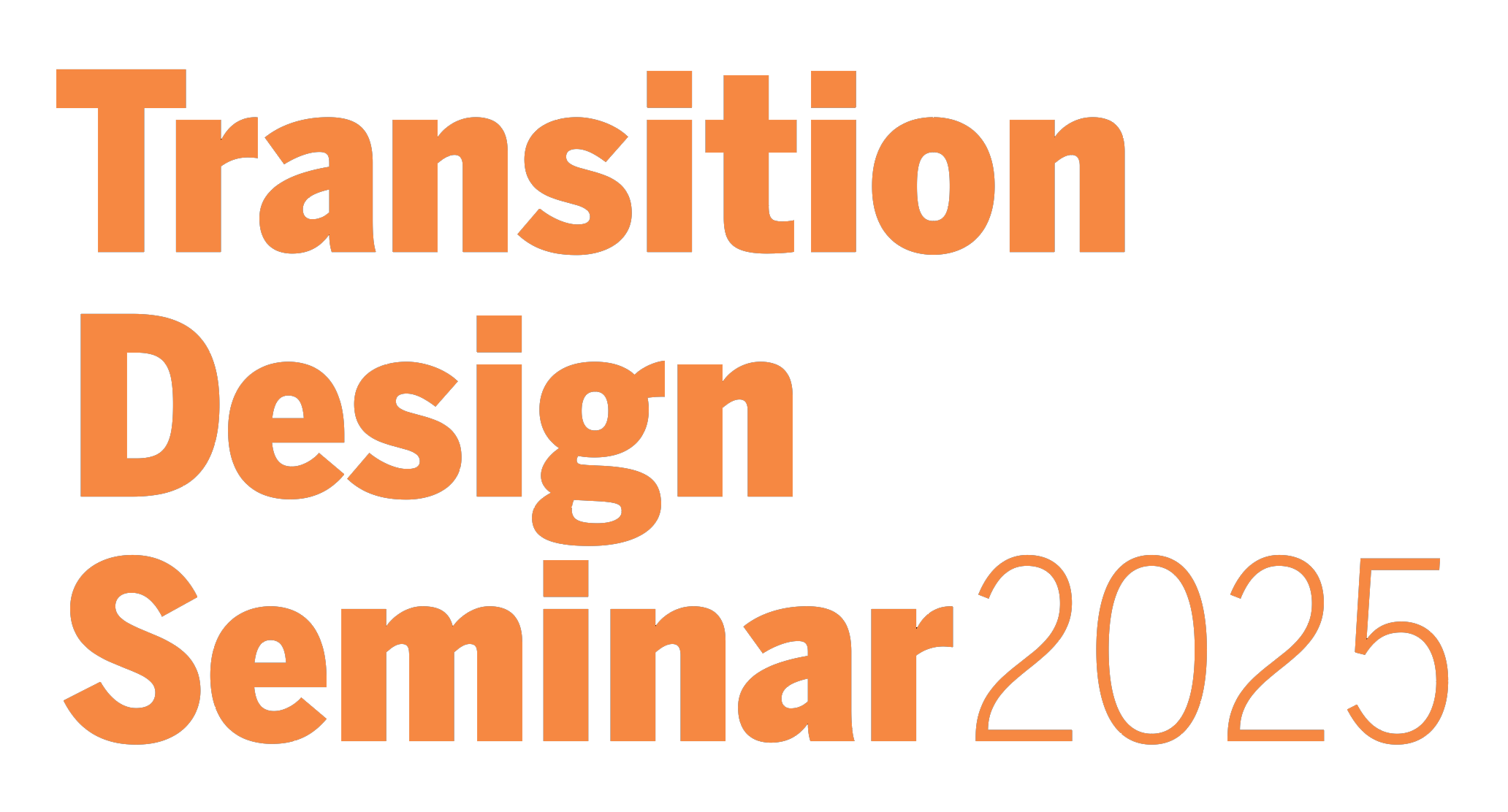If you have a disability and are registered with the Office of Disability Resources, please use their online system to notify us of your accommodations and discuss your needs with us as early in the semester as possible. We will work with you to ensure that accommodations are provided as appropriate. If you suspect that you may have a disability and would benefit from accommodations but are not yet registered with the Office of Disability Resources, we encourage you to contact them at access@andrew.cmu.edu.
University Mandated Responsibilities
We expect that you will abide by all behaviors indicated in The Tartan’s Responsibility, including any timely updates based on current community conditions. In addition, while we encourage and support professional development through conferences and your search for internships and careers beyond the degree, we also expect you to balance these opportunities with the commitment you have made to your education here. In the event that you want to take advantage of professional opportunities that conflict with class sessions please discuss them with us. For team projects, it is critical that you negotiate with your colleagues your fair completion of work according to assigned schedules and due dates.
Communication with Instructors
If you have questions outside of class please email us: tirwin@andrew.cmu.edu or gkossoff@andrew.cmu.edu. We will respond to you as soon as possible. Keep in mind, we usually don’t check email often late in the evenings and throughout weekends. The questions and comments we receive from students are often relevant to the entire class. We will use email as the primary method for communicating with individuals as well as communicating changes in course readings, format and in making announcements. Please check your email daily for updates.
If you would like to meet outside of scheduled class hours, please contact us and list several days/times that work for you and we’ll try to find a time that works with our schedule.
Leverage learning resources.
The Student Academic Success Center (SASC) offers numerous resources that aim to support your learning. For example, they offer free one-on-one communication consulting as well as group workshops to support strong written, oral, and visual communication in texts including IMRaD and thesis-driven essays, data-driven reports, oral presentations, posters and visual design, advanced research, application materials, grant proposals, data visualization, business and public policy documents, and team projects. Appointments are available to undergraduate and graduate students from any discipline at CMU. Schedule an appointment (in-person or video), attend a workshop, or consult handouts or videos to strengthen communication skills.
Adopt diversity, equity, and inclusion practices.
We must treat every individual with respect. We are diverse in many ways, and this diversity is fundamental to building and maintaining an equitable and inclusive campus community. Diversity can refer to multiple ways that we identify ourselves, including but not limited to race, color, national origin, language, sex, disability, age, sexual orientation, gender identity, religion, creed, ancestry, belief, veteran status, or genetic information. Each of these diverse identities, along with many others not mentioned here, shape the perspectives our students, faculty, and staff bring to our campus. We, at CMU, will work to promote diversity, equity and inclusion not only because diversity fuels excellence and innovation, but because we want to pursue justice. We acknowledge our imperfections while we also fully commit to the work, inside and outside of our classrooms, of building and sustaining a campus community that increasingly embraces these core values.
Each of us is responsible for creating a safer, more inclusive environment. Unfortunately, incidents of bias or discrimination do occur, whether intentional or unintentional. They contribute to creating an unwelcoming environment for individuals and groups at the university. Therefore, the university encourages anyone who experiences or observes unfair or hostile treatment on the basis of identity to speak out for justice and support, within the moment of the incident or after the incident has passed. Anyone can share these experiences using the following resources:
Center for Student Diversity and Inclusion: csdi@andrew.cmu.edu, (412) 268-2150
Report-It online anonymous reporting platform: reportit.net username: tartans password: plaid
All reports will be documented and deliberated to determine if there should be any following actions. Regardless of incident type, the university will use all shared experiences to transform our campus climate to be more equitable and just.
Take care of yourself
The School of Design encourages all of its students to maintain a healthy lifestyle by eating well, exercising, avoiding drugs and alcohol, getting enough sleep and taking some time to relax.
If you or anyone you know experiences any academic stress, difficult life events, or feelings like anxiety or depression, we strongly encourage you to seek support. CMU services are available, and treatment does work. You can learn more about confidential mental health services available on campus at: http://www.cmu.edu/counseling/. Support is always available (24/7) from Counseling and Psychological Services: 412-268-2922.
Note, if you or someone you know is feeling suicidal or in danger of self-harm, call someone immediately, day or night. Remember, asking for support sooner rather than later is often helpful.
CaPS: 412-268-2922
Re:solve Crisis Network: 888-796-8226
If the situation is life threatening, call the police
On campus: CMU Police: 412-268-2323
Off campus: 911
